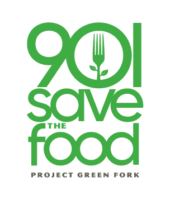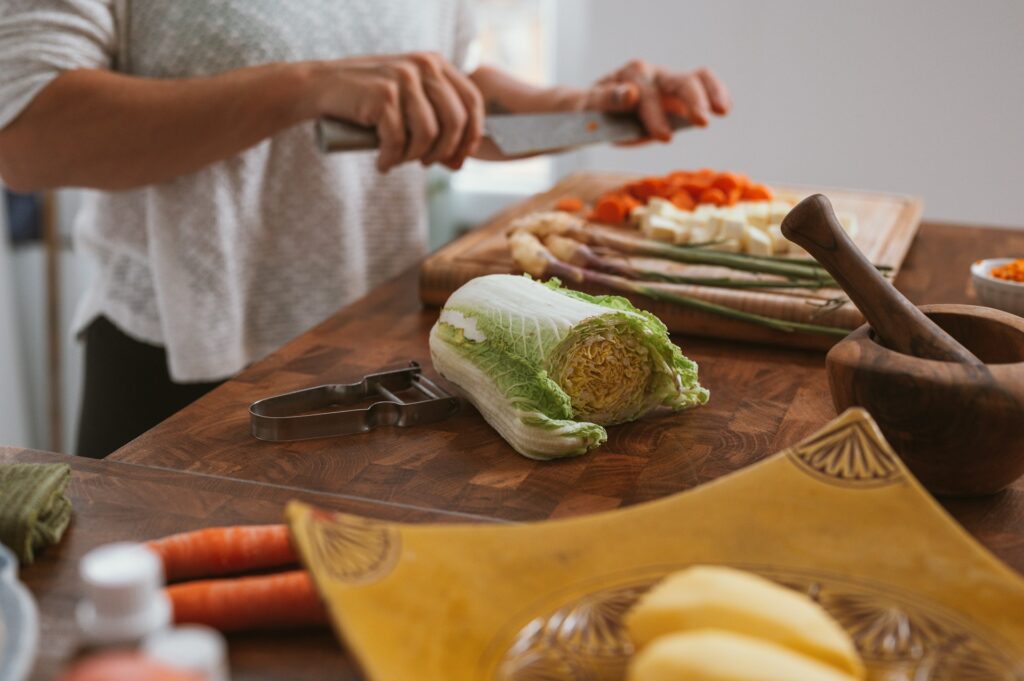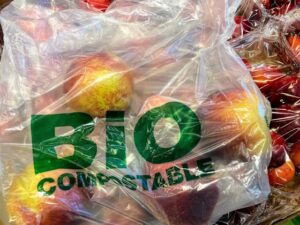Food waste is a pervasive issue that extends far beyond our households, contributing to environmental degradation and resource depletion. About one-third of the world’s food is wasted each year. In our own kitchens, the average American household discards 6.2 cups of food per week, contributing to an alarming annual cost of $2,760 for a family of four. The consequences of this wastefulness are profound, affecting not only our wallets but also the planet.
Food production requires valuable resources such as water, energy, and arable land. When we toss edible items into the trash, we’re squandering these resources and exacerbating environmental issues like deforestation, greenhouse gas emissions, and loss of biodiversity.
Revamping your kitchen habits doesn’t have to be an overwhelming task. Small, intentional changes can accumulate to make a significant impact. Here are some practical steps to kickstart your journey towards a greener kitchen:
Mindful meal planning
Start by planning your meals for the week. Take stock of what’s already in your pantry, fridge, and freezer, and build your shopping list accordingly. This not only helps you buy what you need but also reduces the likelihood of items hiding in the back of the fridge being forgotten and, eventually, wasted.
Smart storage solutions
Invest in proper storage containers and organize your pantry and refrigerator strategically. Ensure that perishables are visible, and leftovers are stored in clear containers, making it easy to identify and consume them before they go bad. Implementing a “first in, first out” rule can also help prioritize items with a shorter shelf life.
Embrace the freezer
Your freezer is a powerful ally in the fight against food waste. Freeze excess produce, leftovers, and even bread before it goes stale. Label items with dates to keep track of freshness, and periodically conduct freezer inventory checks to utilize items nearing their expiration dates.
Creative cooking
Get creative with your cooking to use up ingredients on the verge of going bad. Soups, stews, and stir-fries are excellent ways to incorporate various odds and ends. Fruit that’s slightly overripe can be blended into smoothies or used for baking. Transforming surplus ingredients into new dishes not only reduces waste but also adds excitement to your meals.
Composting
Consider starting a compost bin for food scraps, coffee grounds, and non-diseased plant waste. Composting not only diverts waste from landfills but also produces nutrient-rich soil for your garden. If you don’t have the space for outdoor composting, explore indoor composting options or check if your local community offers composting services.
Educate yourself
Stay informed about food date labels, understanding the difference between “use by,” “sell by,” and “best by” terms. It’s helpful to recognize that these dates primarily indicate quality rather than safety. Educate yourself on proper storage methods for different types of produce to extend their freshness. Knowledge is a powerful tool in the quest to minimize food waste.
Portion control
Take a mindful approach to portion sizes to avoid preparing or serving more than necessary. Consider using smaller plates, bowls, and utensils to encourage moderation. By being conscious of portion control, you not only reduce the likelihood of leftovers going uneaten but also foster healthier eating habits.
Shop with purpose
Make grocery shopping a deliberate act by sticking to your meal plan and avoiding impulse purchases. Be realistic about your consumption capacity and resist the temptation to buy in bulk unless it aligns with your planned meals. Choose locally sourced and seasonal produce when possible, supporting sustainable agriculture practices.
As we embark on this journey to revamp our kitchen habits in 2024, let’s remember that every conscious decision contributes to a more sustainable future. By reducing food waste at the individual level, we play a vital role in addressing broader environmental challenges. Let’s make this year a turning point, transforming our kitchens into hubs of sustainability, creativity, and mindful consumption. Together, we can create a ripple effect that extends beyond our homes, influencing communities and fostering a global shift towards greener and cleaner living.




